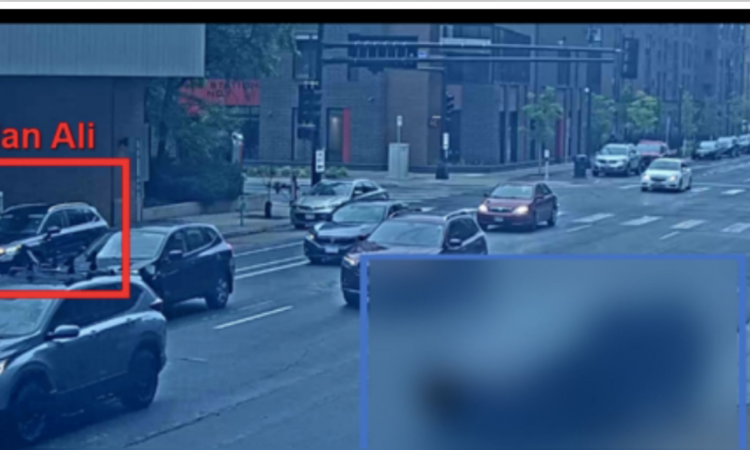
A woman who was recruited to fly from Seattle to look for and bribe a juror in this month’s federal meal fraud case pleaded not guilty on Thursday.
31-year-old Ladan Mohamed Ali was freed from custody following her first court appearance in a St. Paul, Minnesota, federal courtroom. She was released on conditions that entail a prohibition from contacting possible victims or witnesses in the matter.
Ali, who has connections to Minnesota, is one of five people who are facing charges in the first federal juror bribery case in the state, in a long time.
Ali, Abdiaziz Shafii Farah, Abdimajid Mohamed Nur, Said Shafii Farah, and Abdulkarim Shafii Farah are all charged with conspiracy to bribe a juror, bribery of a juror, and corruptly influencing a juror.
Abdiaziz Farah is also facing a charge of obstruction of justice.
Documents show that Ali was recruited by Nur and flew from her residence in Seattle on June 2. This was to offer the 23-year-old juror $120,000 in cash that was provided by Said Farah. Said Farah is one of the defendants in the trial.
Juror No. 52 was believed to have been picked by the defendants because she was the youngest, and seemingly, the only person of color.
Abdiaziz Farah is accused of planning the bribery conspiracy. Then, Nur recruited Ali and gave her the box of bribe money. Afterwards, Abdulkarim Farah assisted Ali in watching Juror No. 52 to find out more information about her.
Abdiaziz Farah and Nur were found guilty this month for the many charges they face in the first Feeding Our Future case that went to trial this year. Said Farah and another defendant were found not guilty.
Brothers, Abdiaziz, Said, and Abdulkarim are still in custody. They will be back in custody on Monday to enter a plea. Nur’s court date hasn’t been set.
To date, 70 people in Minnesota have been charged with stealing $250 million from federal food programs. These programs give money back to non-profits, schools, and day cares for providing meals to low-income children after school and during the summer.






